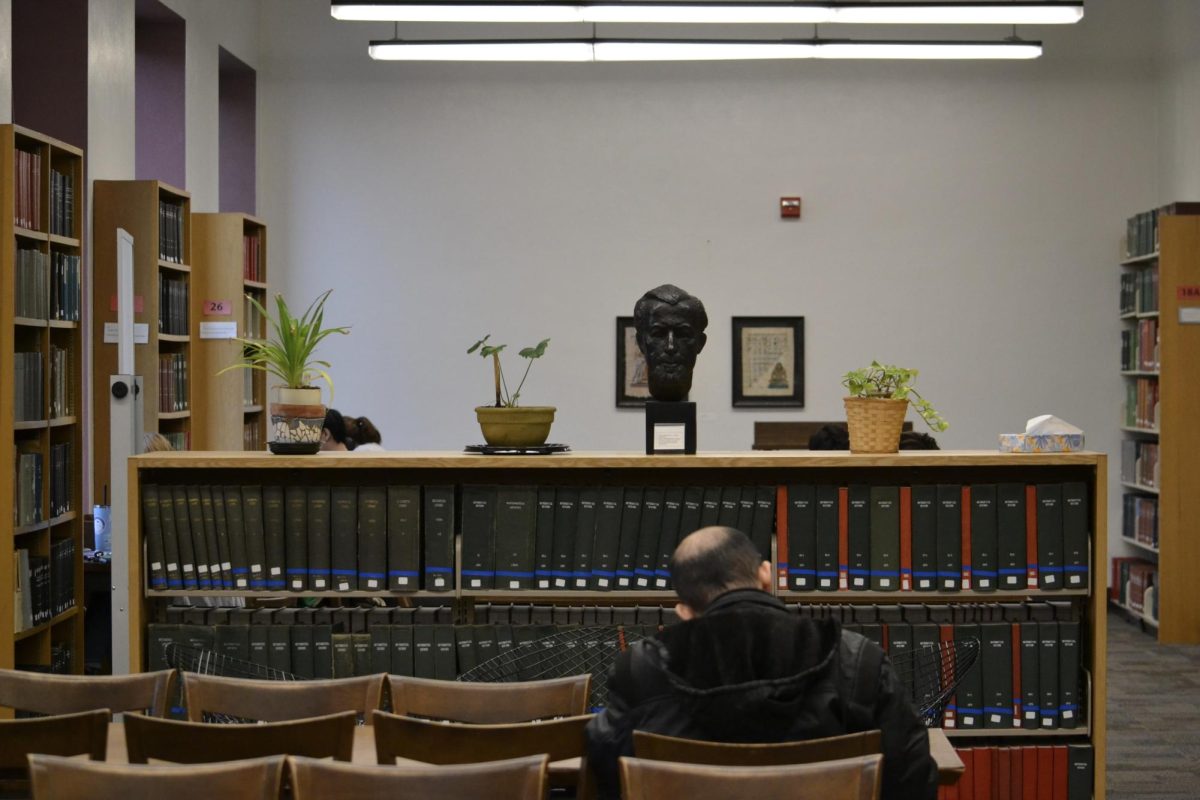LINCOLN, Neb. (U-WIRE) — “If our democracy is to flourish, it must have criticism. If our government is to function, it must have dissent. Only totalitarian governments insist upon conformity, and they do so at their peril.” –Henry Steele Commager, 1947.
Last Wednesday, the U.S. Senate rejected, for the third time in five years, a proposed constitutional amendment to prohibit desecration of the American flag. Sen. Bob Kerrey led the opposition that was supported with statements from national heroes and fellow veterans, such as Gen. Colin Powell and former Sen. John Glenn.
Of course, the amendment supporters will not go away quietly. The Citizens Flag Alliance and other groups will use these votes to punish those senators who opposed the ban, and veterans groups will probably push for the measure to be introduced again next year.
In doing so, they will elevate a symbol of freedom over the very substance of freedom.
Supporters of the ban believe the flag is a sacred symbol of what veterans fought and died for.
“Too many have died defending the flag for us to allow it to be used in any way that does not honor their sacrifice,” said Sen. Chuck Hagel in the Omaha World Herald.
This is incorrect. Men and women who fought and died in conflicts around the globe didn’t do it for a cheap piece of cloth with some silly stripes and stars. They may have done it out of duty, loyalty or fear. Or they may have done it for what that cloth represented to them: freedom.
A constitutional prohibition on flag burning would protect the cloth and destroy what it represents.
Burning the flag is such an offensive act to most people that the person doing it has a reason; he or she is usually dissatisfied with government policy in some area, whether it is taxes, foreign intervention or human rights. The very fact the act is offensive draws attention to the message.
Although burning the flag usually backfires, it might transmit the message something is so terribly wrong with the country that people need to wake up and pay attention.
In his famous essay “On Liberty,” John Stuart Mill discusses why tolerating unpopular opinions is so important for society.
The first one, of course, is the reviled opinion might actually be the correct one. The only way to know is to evaluate it fairly. Even if it is incorrect, it will create a better understanding of why the truth actually is the truth.
As Mill said, “Mankind ought to have a rational assurance that all objections have been satisfactorily answered; and how are they to be answered if that which requires to be answered is not spoken?”
Even when mostly false, unpopular opinions might also contain an element of truth. In Mill’s words, “Heretical opinions … are generally some of these suppressed and neglected truths, bursting the bonds which kept them down …”
Much like our legal system is based on an adversary process, the only way to find these “suppressed and neglected” truths is to allow them to enter the marketplace of ideas and clash with current conceptions.
In a practical sense, a ban on flag burning is unnecessary. The actual act is rather rare, much more so than all the attention it receives from legislators.
It seems grossly unjust to incarcerate someone for it, and the persons who are most likely to burn the flag have probably been arrested in previous protests for loitering, breach of peace or disorderly conduct. An additional charge will be no deterrent.
This is not a question of patriotism. If America has any patriots, they are Sen. Kerrey, who lost a leg in Vietnam, and Gen. Colin Powell, both of whom oppose the ban.
Supporters believe the ban will restore respect for the country. When a country has to force its citizens to respect it through criminal sanctions, it has deteriorated past the point of salvation.
Respect, as the saying goes, must be earned.
Flag burning, although distasteful, should not be illegal. Justice Brennan, in one of his last great civil rights opinions on the Supreme Court, said it best: “We do not consecrate the flag by punishing its desecration, for in so doing we dilute the freedom that this cherished emblem represents.”
Although I’m increasingly aware of all the evils done in its name, the flag to me is still a symbol of freedom. I would never burn it. That is, unless it became illegal to do so.
For then I would truly know that all it stood for had become a lie.
Jeremy Patrick’s column originally appeared in Monday’s University of Nebraska paper, the Daily Nebraskan.










